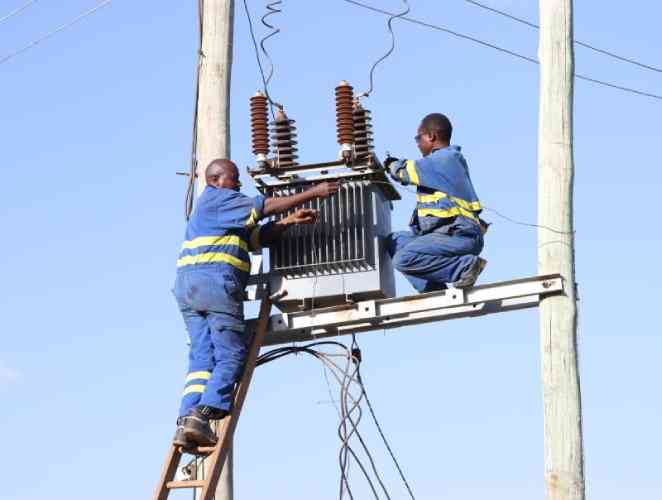The Kenya Power and Lighting Company (KPLC) is facing an alarming rise in electricity infrastructure vandalism, particularly in Nairobi and Machakos, causing significant disruptions and financial losses.
In a recent community engagement forum held in Machakos, Hicks Amumbwa Waswa, KPLC’s Nairobi Regional Director, revealed that transformer vandalism has escalated sharply. In Machakos, 25 transformers were vandalized in 2022, with a further 30 incidents reported in 2023. Nairobi’s situation is even more severe, with 85 transformers destroyed last year alone. These criminal activities have resulted in frequent blackouts and have contributed to the rising cost of electricity across the country.
“These attacks are not just acts of theft—they are sabotaging livelihoods and development,” Waswa stated, highlighting the broader economic consequences of the vandalism. The destroyed transformers, which cost millions to replace, are not only disrupting services but also causing opportunity losses for businesses and communities.
To address the crisis, KPLC is fast-tracking the modernization of its power grid. A key initiative includes the rollout of smart meters equipped with SIM cards to enhance communication with customers and eliminate the need for manual meter readings. The utility company is also calling on Parliament to approve a proposal to shift the management of county street lighting to the Ministry of Interior, framing the issue as one of national security.
Machakos remains a key region for Kenya Power, contributing over Ksh. 2 billion in monthly revenue and serving more than 400,000 customers. Despite its significance, local residents voiced frustration during the forum, accusing the company of slow response times and poor customer service.
Festus Odumbe, a representative of the Kenya Alliance of Residents Associations (KARA), emphasized the importance of community involvement. “KARA is committed to amplifying residents’ voices and ensuring that utility providers are held accountable,” he said.
As vandalism continues to strain KPLC’s operations, the company is under pressure to both safeguard its infrastructure and restore public trust through faster service delivery and stronger community engagement.

